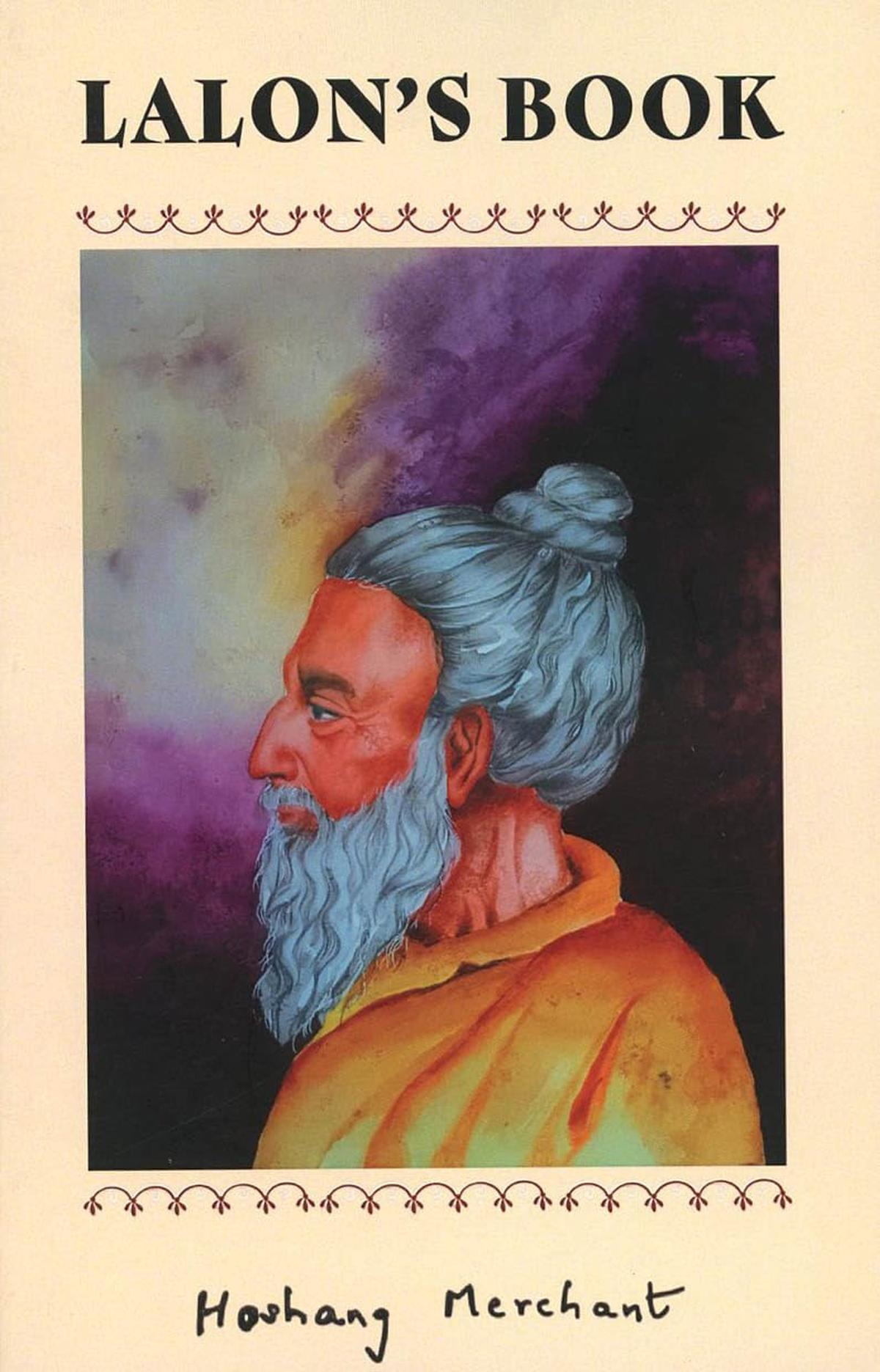Review of Hoshang Merchant’s ‘Rainbow Warriors’, and poetry collection ‘Lalon’s Book’

Social media has spawned a class of so-called influencers who make it a point to visit every art gallery, fair and museum here and abroad, and thereafter very generously share their experience of viewing the latest exhibitions with “friends”.
However, there is a catch. The influencers in their glad rags invariably pose in front of the works of art on display, partially eclipsing the exhibit. Art plays second fiddle to the influencer’s ego.
The same can be said about Hoshang Merchant, who, Wikipedia says, is a “preeminent voice of gay liberation in India”, and is “best known for his anthology on gay writing titled Yaarana”.
When I took up his new book, Rainbow Warriors of India, co-authored with Akshay K. Rath, I expected it to be a collection of short biographical sketches of 22 “extraordinary individuals from India’s queer community. These gay icons have navigated adversity to claim their rightful place in society” — to quote the blurb. Any effort at documenting the pride movement in India should be lauded.
However, it turned out to be an outpouring of Merchant’s self-indulgent and rambling ruminations on the life and times of these “stately homos”, to pinch a truly quotable quote from that truly great gay icon, Quentin Crisp, author of the famous work, The Naked Civil Servant (1968). Merchant can’t look beyond himself. One of the ‘rainbow warriors’, R. Raj Rao, is a gadfly. How I wish Merchant was blessed with Rao’s infectious and irreverent sense of humour.
Mumbai representation
Most of the notable queers he mentions are from Mumbai although he makes exceptions of filmmakers Rituparno Ghosh and Onir, both from Kolkata. Quite justifiably, the likes of Ashok Row Kavi and Gita Thadani, who were on the frontline of gay activism in the 70s, are there. From the cultural field there are artist Bhupen Khakhar, poet Adil Jussawalla, photographer Sunil Gupta, playwright Mahesh Dattani and dancers Ram Gopal and Navtej Singh Johar, not to forget Merchant himself. Quite expectedly, the writer devotes one whole chapter to himself, tellingly titled, ‘Mourning Became Meena Kumari’. Sadly, such posturing is just exasperating.
What is worse, Merchant never stops bickering about novelist and poet Vikram Seth and playwright Dattani, because, he feels, they never came out early enough, or never at all. Seth’s early masterpiece, The Golden Gate (1986), made his preferences clear enough. There was a certain ambiguity, but it is foolish to expect everyone to wear one’s sexuality on one’s sleeve all the time. Must Merchant be reminded that activism and creativity aren’t always on the same page?
It’s a pity Merchant never mentions some of the other significant rainbow warriors of India. I shall confine myself to Kolkata where I grew up. Krishnagopal Mallick, a journalist, wrote about Kolkata’s gay scene in the 1940s in his fiction which is available in English translation. The late Siddharth Gautam, one of India’s first LGBTQIA+ activists, had co-founded AIDS Bhedbhav Virodhi Andolan around 1989.
There’s Pawan Dhall, a queer activist from the early 90s, who had co-organised a Friendship Walk march on July 2, 1999, now dubbed South Asia’s first Pride Walk. Sudarshan Chakravorty of Sapphire Creations Dance Company staged The Alien Flower, India’s first queer-themed dance production in 1996. He continues to organise international dance fests. And there is young performance artist Debashish Paul and designers Nil and Kallol Dutta, both of whom have high visibility. The bibliography in the last pages can be of use.
Lalon by chance
The problem is that famous writers and artists are, in general, treated with a reverential awe, and their work automatically becomes immune to criticism. Merchant “is the author of 25 books of poetry. He was awarded a Lifetime Achievement award at Queer Lit Fest in 2023”.
The reader should judge Merchant’s verse, in his new collection Lalon’s Book, for her/ himself. Here is an entire poem titled ‘Epilogue’: I traced a whole alphabet/ Finger on thigh/ I created a continent/ That slipped without a sigh. No invocation of Kali, Ginsberg or Lalon Fakir, Bengal’s celebrated philosopher and mystic poet, can redeem this.

And now a couplet that is no better than the others: No man nor maid be dry/ Lalon has grown up/ Lalon cries…
There are certain lucid interludes — I divided my heart/ Into man and woman/ To keep my sanity/ To heal my heart — but these are few and far between.
The cover of Lalon’s Book is a painting, presumably of Merchant’s profile, his locks worn in a top knot. Poor Lalon in reality was a scrawny old man. His only surviving portrait was sketched by Jyotirindranath Tagore, Rabindranath’s elder brother. Merchant appears again on the cover of Rainbow Warriors in a black-and-white photograph. This does not become one who has named a book of poems after a bard-philosopher about whom few biographical details are available. The portrait is there only by pure chance.
The reviewer is interested in Kolkata’s vanishing heritage and culture.
Rainbow Warriors of India
Hoshang Merchant, Akshay K. Rath
HM Books
₹450
Lalon’s Book
Hoshang Merchant
HM Books
₹149
Published – December 06, 2024 09:30 am IST
Visit: Valley Vision News





